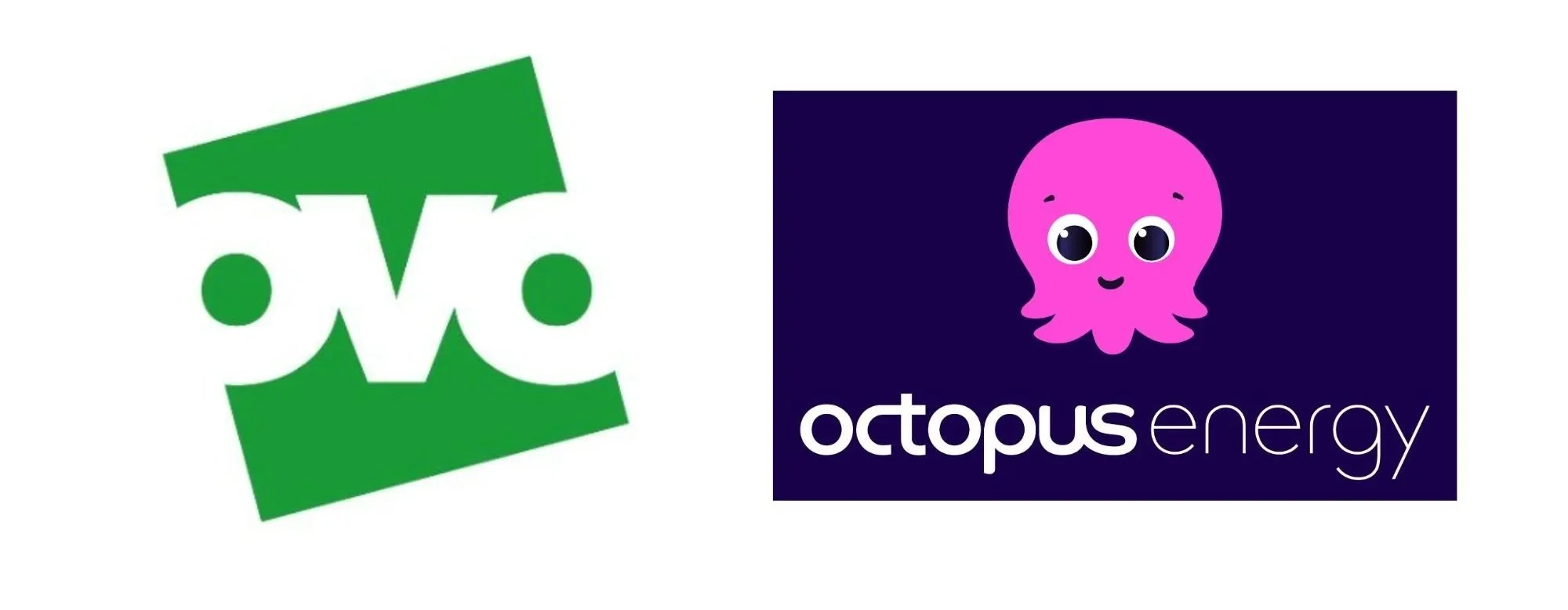What OVO and Octopus Tell Us About Energy Resilience in 2025
A Wake-Up Call for Purpose Brands
The UK’s energy transition has been driven by brands promising purpose, innovation, and sustainability. Consumers have rallied around companies that champion green energy, innovative solutions, and customer-focused practices.
But the market is maturing, and with maturity comes scrutiny. Ofgem’s new capital adequacy rules are reshaping the landscape by requiring energy suppliers to hold sufficient working capital to survive market shocks. Several suppliers, including OVO Energy and Octopus Energy, have recently been flagged for falling short of these requirements - a clear sign that mission-led brands are not immune to financial discipline pressures.
The tension is evident: how do you balance a purpose-driven mission with the fundamentals of financial resilience? Even brands celebrated for their innovation and sustainability must now prove they can withstand turbulence in wholesale markets and regulatory scrutiny.
The Regulatory Shift - Why Capital Buffers Matter
Ofgem introduced the capital buffer rules after the 2021–22 energy crisis, which saw over 30 suppliers collapse, leaving consumers and the wider market exposed. The Capital Target - currently around £115 per dual-fuel customer - is designed to ensure that suppliers maintain sufficient liquidity to handle spikes in wholesale energy prices or unexpected operational challenges.
The goal is straightforward: protect consumers, safeguard market stability, and reduce reliance on taxpayer-funded support when companies fail. Suppliers who fall below the buffer are required to submit credible recovery plans, but persistent shortfalls can trigger enforcement action and reputational damage.
OVO’s Struggles - Material Uncertainty in a Mission Brand
OVO has been one of the most high-profile examples of a purpose-driven supplier under strain:
Flagged for not meeting the capital buffer.
Publicly disclosed “material uncertainty” over its ability to continue as a going concern.
Despite this, its parent company reportedly paid £27 million to its founders and directors, raising questions about priorities and governance.
Governance implications:
How does such a payout align with a purpose-driven brand narrative?
What message does it send to regulators, employees, and customers about leadership accountability?
How do mission-driven brands balance founder incentives with financial prudence when the company is under strain?
OVO’s case illustrates the thin line between confident leadership and perceived recklessness when financial fundamentals are under pressure.
Octopus Energy - Innovation Meets Financial Strain
Octopus Energy, another high-profile challenger brand, has also been flagged for not meeting Ofgem’s capital adequacy requirements, though its scale and tech-driven growth strategy make its situation somewhat different from OVO.
The company continues to expand rapidly, invest in technology (Kraken platform), and explore international markets.
But the financial shortfall underscores the structural pressures in the sector, particularly for mission-led, rapidly growing firms.
The challenge for Octopus - and similar companies - is balancing innovation and growth with regulatory compliance and financial resilience. While government partnerships and scale may give Octopus some buffer, the situation highlights the industry-wide reality: even successful, tech-driven energy firms must prioritize long-term stability alongside mission and expansion.
The Bigger Picture - A Maturing Market Under Scrutiny
OVO and Octopus are case studies in a sector transitioning from startup-style growth to disciplined sustainability. These stories highlight broader trends:
The UK energy market is increasingly regulated and scrutinized, particularly regarding financial resilience.
Investors and consumers alike now expect transparency, governance, and accountability alongside mission-driven goals.
Purpose and innovation remain vital, but they cannot replace fundamental financial stewardship.
As one industry observer noted:
“You can’t scale on purpose alone - resilience now defines credibility.”
Lessons for the Industry
Purpose must be matched with financial discipline: Mission-led companies still need strong balance sheets and risk management.
Governance isn’t just compliance - it’s leadership credibility: Transparent, accountable decisions protect trust.
Regulatory regimes shape survival: Ofgem’s capital buffer rules will determine which suppliers can withstand future shocks.
Consumers reward balanced brands: Firms that demonstrate both mission and maturity are more likely to earn long-term loyalty.
Conclusion - Purpose Under Pressure
OVO and Octopus exemplify the growing pains of a fast-evolving energy sector. Purpose-driven brands remain vital to the UK’s clean energy transition, but credibility now requires demonstrating both moral and financial resilience.
The next phase of the UK’s energy story won’t just be about who’s greenest - it’ll be about who’s strongest.

